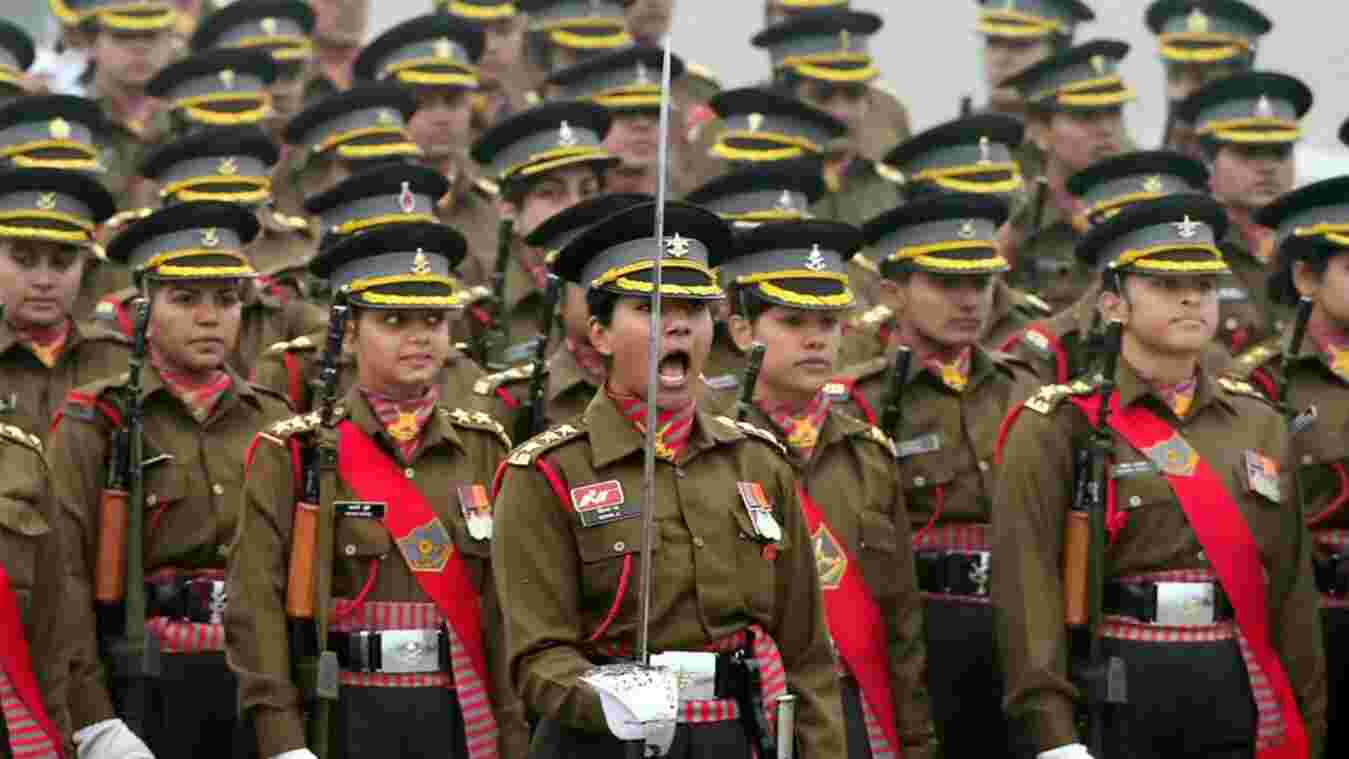Continuing struggle

On Monday, the Indian Ministry of Defence stated in a release that the Indian Army had approved the promotion of five women officers to the rank of colonel. The ministry noted that this was the first time women officers serving with the Corps of Signals, Corps of Electronic and Mechanical Engineers and the Corps of Engineers have been promoted to the rank of colonel. Earlier, this rank was only applicable for female officers serving in the Army Medical Corps, Judge Advocate General and Army Education Corps. The ministry stated- "Combined with the decision to grant permanent commission to women officers from a majority of branches of the Indian Army, this step defines the Indian Army's approach towards a gender-neutral Army." Though the defence establishment has hailed this step towards 'gender-neutrality', not everyone seems to be convinced. Reports have emerged this week of a number of women officers who are now in the process of approaching the Armed Forces Tribunal against the release orders issued to them. After being compelled to consider a permanent commission for women officers in the military, the Indian Army kickstarted the process of increasing the gender inclusivity of the armed forces. This resulted in 147 more women being granted permanent commission this year, in addition to another 277 that had been selected earlier. However, 28 women officers were rejected permanent commission of which seven have decided to approach the Armed Forces Tribunal against the release order. Additionally, it has been reported that though the release orders of the aforementioned 28 women officers were issued on July 15, the results for another 77 female officers have been withheld. Speaking anonymously with the Indian Express, one of the officers mentioned above stated that the Army has "yet again misinterpreted the judgment to suit its inferior motives and denied PC to 28 women officers and shown them the doors unceremoniously citing that they have not scored the required grade of 60 per cent". Besides asserting that the rejected officers have "an impeccable and clean record", the anonymous officer also claimed that though officers are given 60 days to contest a presumed wrong assessment, these women officers were not given any such opportunity for redressal. This is but the latest development in the long and protracted effort to increase the representation of women in the armed forces of India. Though official efforts to fight for the equal rights of women short service commissioned officers have been ongoing for decades, the state of progress in this regard is less than ideal. In a nation where the armed forces number around 1.3 million active troops and another 960,000 or so reserve troops, a 2021 RTI filed by India today revealed that there were only 1,672 women officers. Quite notably, none of these women officers were given commissions in any combat corps, a situation that is reflective of the larger problem of women not being allowed any combat roles in the Indian Army. Though India did open up the role of combat airforce pilots to women in 2015, there has been very little movement to increase the inclusion of women in combat roles in India since. The overall argument used by the government and the defence establishment in denying women combat roles and command positions seems to be that women and society are not ready for such a development. There have been arguments that India is not ready to accept "body bags" of women or that male soldiers are not mentally prepared to accept women officers in command positions or even the classic reference to the challenges of 'motherhood and childcare'. Sadly, even with ample evidence to the contrary regarding the performance of women in commanding and combat roles in militaries elsewhere, the situation in India seems slow to change with perceptions holding up progress. But it is important to emphasise that this is not just a problem of a few countries. For instance, while Israel has often been shown as a model of equality for women in the armed forces, the country has its own set of problems in including women in its armed forces. The inclusion of women in combat roles still remains a difficult challenge in the country with stern religious opposition from Rabbis. Women are given shorter terms of service as compared to male soldiers and are given exemptions for 'traditional' roles of marriage and childbirth. At the same time, Israel also has a troubling history of aggressively sexualising its female soldiers as a way of improving the moral standards of their military. Pictures of scantily clad female soldiers holding rifles and wearing high heels are frequently used as recruitment bait by the military that seeks to use female soldiers to give a 'soft' and 'feminine' face to the military. At the same time, the atmosphere of the armed forces is not quite as inclusive as PR efforts would claim. A 2016 survey by Haaretz revealed that 60 per cent of female soldiers and officers in the Israeli military felt that their units were overrun with sexual tension that was imposed on them by their male counterparts. This demonstrates, in essence, that while inclusivity goals may be met in practical terms in any military, true gender inclusivity remains a distant prospect for armed forces across the world.



